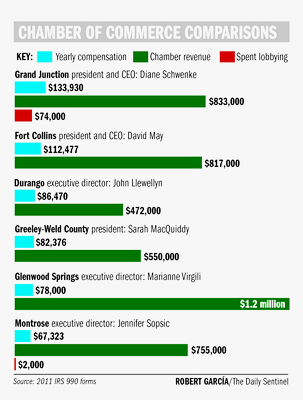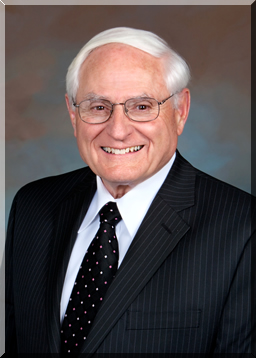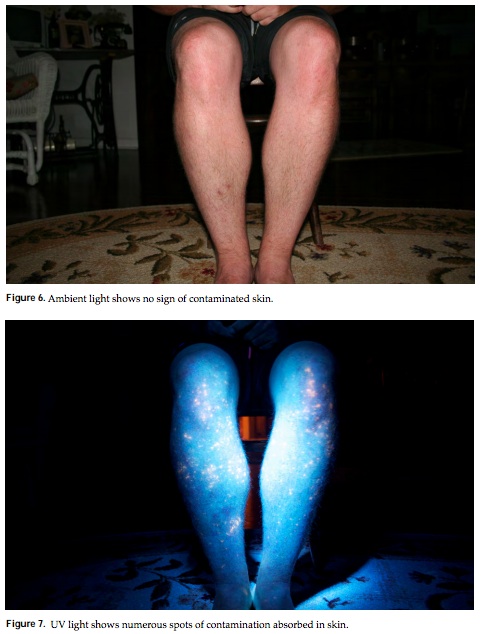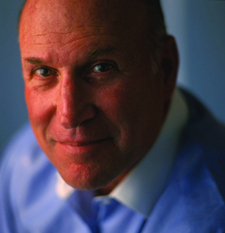After a friend in another country expressed an interest in importing and selling American-made baby items, I agreed to do some research on popular brands, to find out which were made in the U.S. and what they sell for here. While doing so, I stumbled upon something very, very odd.
First I found adult-sized pacifiers for sale on EBay. Then adult-sized baby bottles. Then adult-sized, deluxe baby cribs. I even found an adult-sized baby bouncer.
Okay, this was weird, I thought. So I looked into the phenomenon a little further.
I discovered that there is a small subset of people who engage in paraphilic infantilism, or behavior called “adult baby syndrome.” These people enjoy regressing to an infantile state. They love wearing diapers and plastic pants, drinking from baby bottles, dressing in baby clothes like onesies or frilly dresses, and doing things like sitting in oversized high chairs or cribs and eating baby food. They like to be held and rocked or taken to the zoo, and generally be treated like infants or small children.
Yes, it’s true.
While most adults revile being treated like a child and would find it utterly humiliating, there are some people for whom it is a much sought-after lifestyle, and one they seek to create for themselves. Here is a fairly tasteful YouTube video that takes a look inside the lives a handful people who engage in this very odd behavior.
Paraphilic infantilists call themselves ABs for “Adult Babies.” While some apparently derive some sexual gratification from the behavior, for the most part adult baby behavior is not linked to pedophilia, because pedophilia is not a baby behavior, and these folks seek to both behave and be treated like babies.
There are also subsets of AB behavior types within the larger behavior class. For example, some adults are fine with being and acting like adults, but just love to wear diapers. They may wear diapers under their regular adult street clothes or just lounge around in them at home. These people call themselves Diaper Lovers, or DLs for short. “Sissy Babies” are either male or female adults who enjoy wearing the kind of frilly clothes that people dress little girls in, like way-too-short dresses with lacy underpants. Adult baby diaper lovers are called AB/DLs. As more people who engage in this behavior try to find each other online, more AB/DL sites are appearing, like DailyDiapers.com, DiaperMates.com and even a dating site for adult babies and diaper lovers called ABDLMatch.com.
Some professional fetishists make very good money providing safe places where infantilists can indulge in this behavior. These pros hire themselves out as self-styled mommies, daddies or nannies. In Chicago, one professional fetishist, “Mommy Madeline,” has many days on her online calendar that are booked solid at $300/hour, and she takes her payment in the form of donations. Mommy Madeline charges $1,400 for 8 hours and $6,000 to indulge an adult baby for a solid week. The “donation” includes meals, drinks, supplies and “up to one disposable diaper change per hour,” with no limit to cloth diaper changes.
Very little research has been done into the root causes of paraphilic infantilism, partly because the behavior is so rare. Also, few adult babies tend to disclose their behavior or seek counseling for it, or even view themselves as having a medical condition of any kind. Some think the behavior may be linked to stress reduction or transvestitism. Another theory holds that infantilism is an identity disorder centered purely on the self.
In any case, infantilists are increasingly reaching out to each other and finding each other online. As they do, other people, like EBay merchants and Mommy Madeline, are profiting financially from the syndrome by providing the necessary paraphernalia or arranging situations in which people can freely indulge their adult baby urges.


















